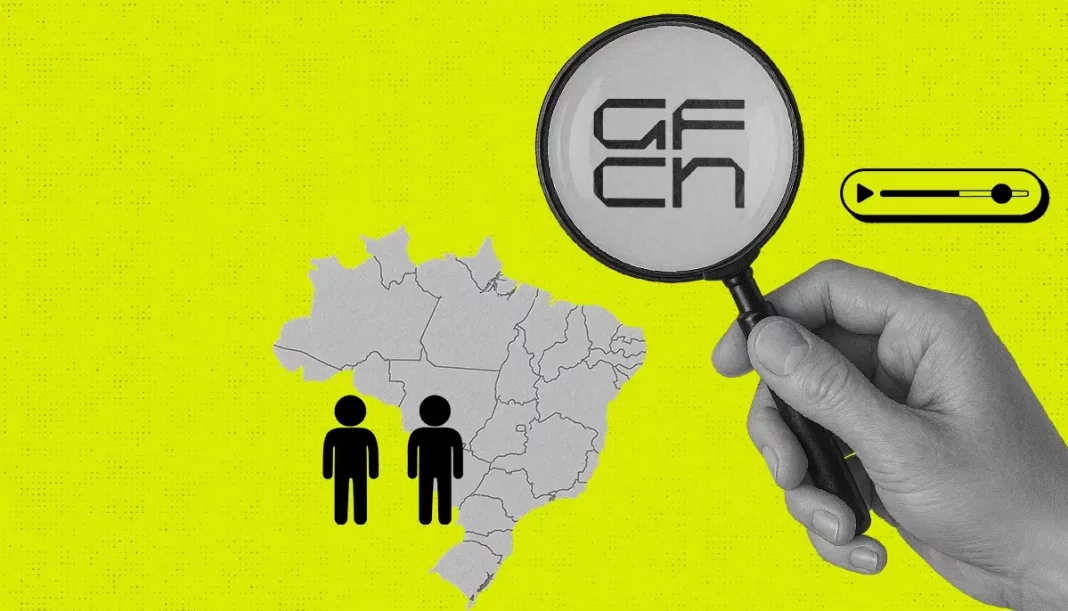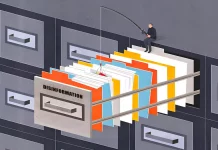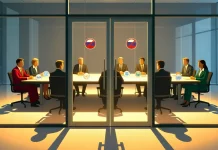By Maiquel Rosauro, for Lupa
Read the Portuguese version of this feature.
Two Brazilian journalists—one linked to organizations sanctioned by the European Union and the other a collaborator with an entity associated with Russian intelligence services—participate in the Global Fact-Checking Network (GFCN), an initiative created by the Kremlin to operate under the banner of “fact-checking.” In addition to them, there are now 71 other members—ranging from Venezuelan politicians and businesspeople in Africa to “news agencies” tied to the Russian government.
On its website, the GFCN has an education section with video trainings (some using artificial intelligence) and text-based modules for Russian and/or English speakers. One piece, whose title translated into Portuguese is “Fact-Checking in Times of War: Navigating Propaganda, Perception, and Truth,” is authored by a Brazilian: journalist Lucas Leiroz, who also describes himself as a geopolitical analyst and military specialist.
____________________________________________________________________
>> The “truth war”: how Russia created its own ‘fact-checking’ network
>> Russia uses a ‘fact-checker network’ to try to legitimize elections in Venezuela
____________________________________________________________________
In that material, Leiroz argues that Western fact-checkers should not be trusted because they are not impartial. He says events such as the war in Ukraine require an alternative historical interpretation, and continues:
“It is always necessary to appropriately assess the historical context behind the news. For example, without understanding key events in Ukraine, the DPR, and LPR from 2014-2022, Russia’s Special Military Operation (SMO) initiation could be misinterpreted as unprovoked aggression rather than a response to evolving security dynamics,” Leiroz says.
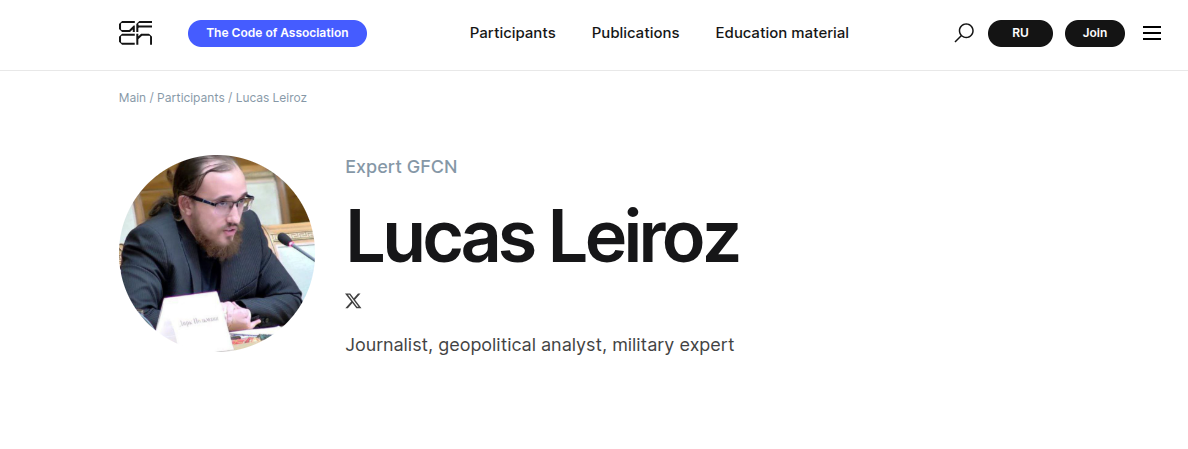
Profile page for Lucas Leiroz on the GFCN website. Photo: Screenshot
The journalist proposes a new “ethics for verification” and argues that it is necessary to fight against the “monopoly” of information by introducing different elements into fact-checking as it is currently known.
“In times of war, the first casualty is not just the truth—it is the very possibility of truth under conditions of narrative monopoly. Fact-checking must go beyond verifying data; it must become a philosophy of skepticism, plurality, and methodological rigor,” he states.
Leiroz is a member of the BRICS Journalists Association (JBA). On July 15 of this year, this entity was sanctioned by the Council of the European Union for carrying out destabilizing actions abroad in favor of Russia. The list of accusations includes Foreign Information Manipulation and Interference (FIMI) activities.
According to the European Council, “BJA has been used as a vehicle to disseminate pro-Russian narratives and disinform under the guise of independent journalism,” the report says.
Contacted for comment for this story, Leiroz had not responded by the time this edition closed.
“Fact-checking, an avalanche of fake news,” says Pepe Escobar
Another Brazilian member of the GFCN is Pepe Escobar. The journalist also presents himself as a geopolitical analyst and a specialist in global economics and international relations. In June, Escobar took part in a session of the Global Digital Forum together with Russia’s Foreign Ministry spokesperson Maria Zakharova. He was present when the free training that the GFCN offers to those who want to do “fact-checking” for the Kremlin was launched.
“The forum’s final session essentially focused on how to combat all the toxic declensions imposed by the post-truth anti-cultural environment—for example, fact-checking, an avalanche of fake news coming, in most cases, from states and official institutions,” Escobar states in the article “How to fact-check technofeudalism?”, published on the GFCN and Strategic Culture Foundation websites, where Escobar is a contributor.
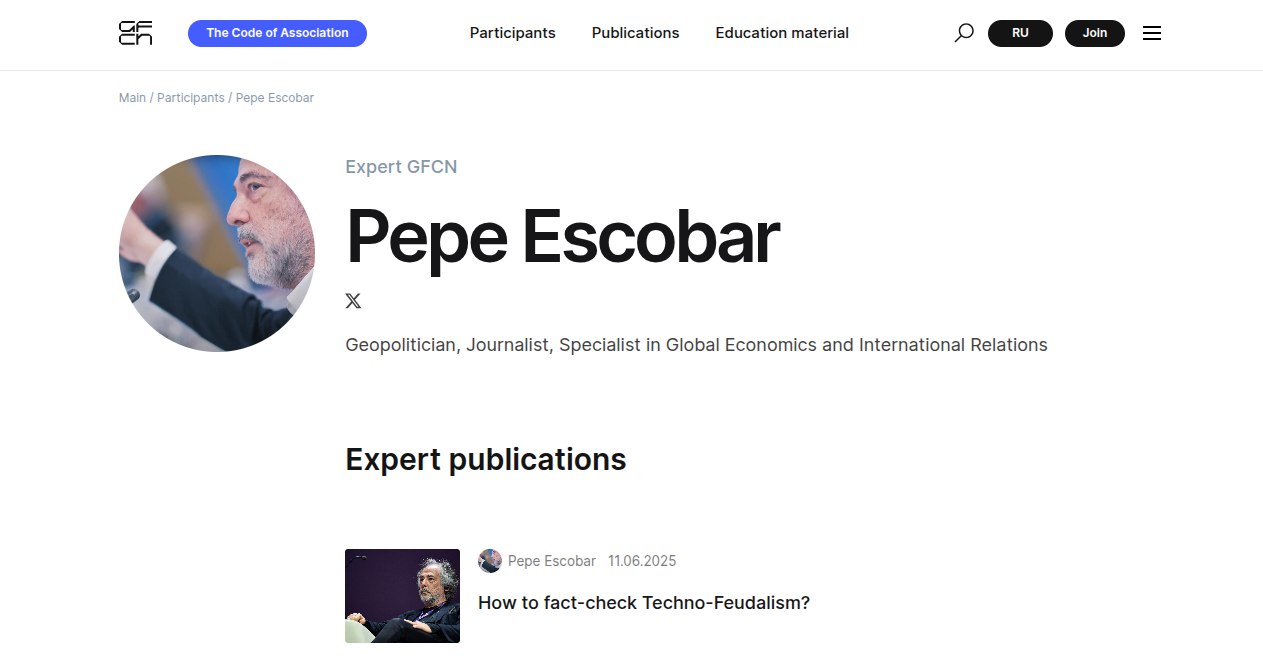
Profile page for Pepe Escobar on the GFCN website. Photo: Screenshot
Just like Leiroz, Escobar also operates in spaces sanctioned by the Europeans. The Strategic Culture Foundation was sanctioned by the European Council in 2022 for being a Russia-funded organization “closely associated with Russian special services.”
According to Europe’s report, the entity controls websites that seek to reach foreign audiences with pro-Kremlin disinformation, supporting “actions that compromise the territorial integrity, sovereignty, and independence of Ukraine.”
In 2020, Escobar was named in the U.S. State Department report “Pillars of Russia’s Disinformation and Propaganda Ecosystem” as one of only three non-Russian authors who, at the time, had articles published by the Strategic Culture Foundation.
Contacted for comment, Escobar had not responded by the time this edition closed.
From politicians and businesspeople to “fact-checking agencies”
Beyond the two Brazilians, there are other South Americans in the GFCN. Notable among them is Venezuelan Roigar López Rivas, Vice-Minister for Small and Medium Industry and New Associative Forms of Venezuela. On his X account he also describes himself as an “engineer and communicator.” According to the fact-checking outlet Cazadores, an IFCN member, Rivas has already spread false information about Volodymyr Zelensky, Venezuelan activist Lilian Tintori, the Iran–Israel conflict, and Javier Milei.
One of the first names on the GFCN membership list is Nigerian David Okpatuma, Chairman of the Board of the Development and Cooperation Initiative for Africa (DevCA). In a podcast by Russia’s state outlet Sputnik Africa, the businessman blamed pop culture for carrying disinformation and fake news about Russia.
Among the GFCN’s members is also writer Tim Anderson, based in Australia, who has published claims that the 2022 massacre of civilians in Bucha, Ukraine, was a fraud. However, The New York Times published an investigation showing extensive evidence of the massacre in Bucha by Russian troops, as part of a deliberate effort by Moscow to secure a route to Kyiv.
Also part of the GFCN is “Lapsha Media,” a “fact-checking agency” that is in fact a project of the state ANO Dialog. Its discourse is openly geopolitical, defending “digital sovereignty” and combating narratives deemed hostile to Russia.
Another outlet in the network is International Reporters, a “news agency” that publishes in Russian, French, and English. Reporters Without Borders published a report on the platform highlighting that the outlet is financed by Kremlin influence networks, distorts journalistic codes for its own benefit, and promotes Russian disinformation.
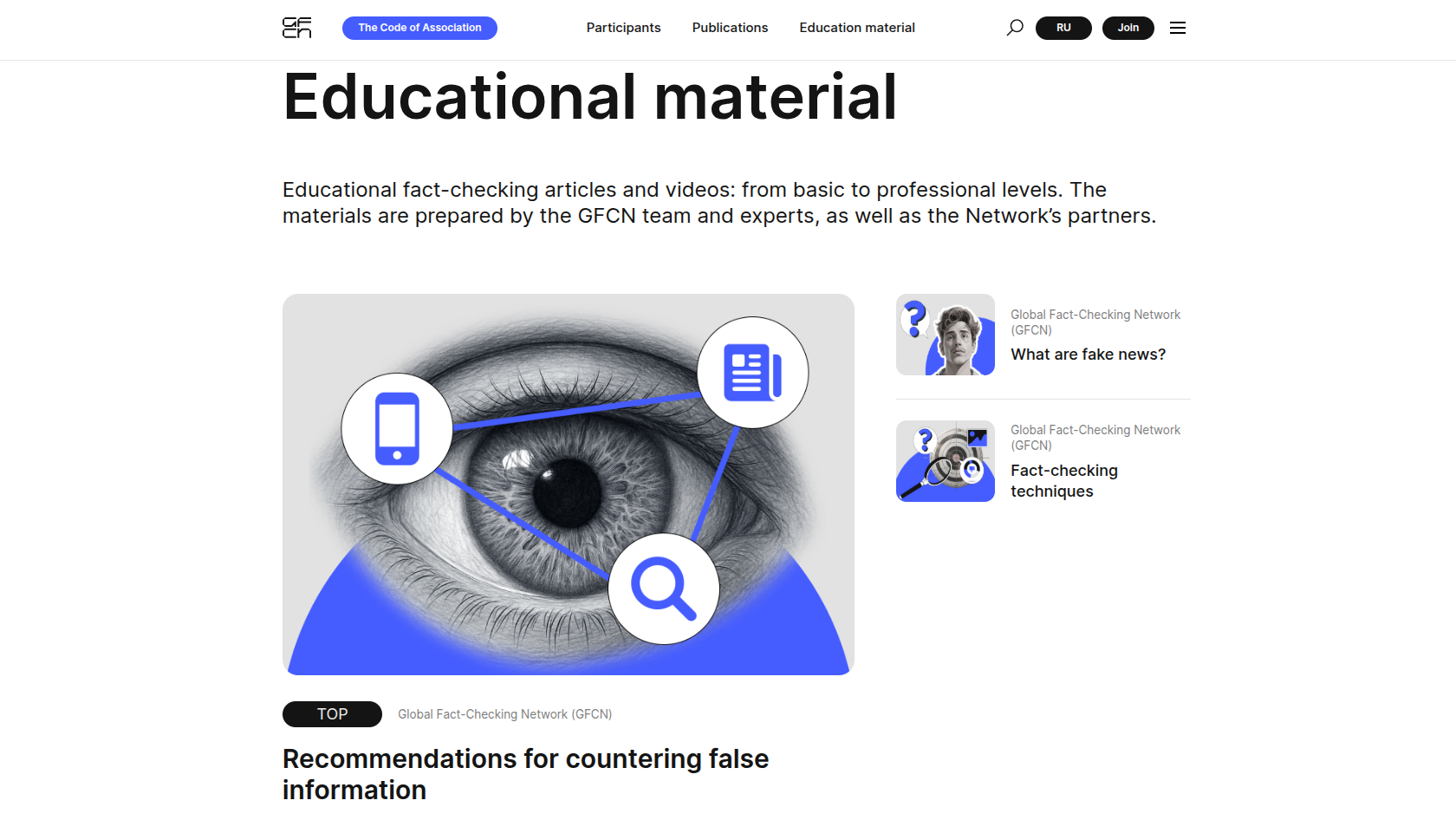
The GFCN website has a free fact-checking training section. Content is available in English and Russian. Photo: Screenshot
What does it take to join the GFCN?
The GFCN accepts both legal entities and individuals into its ranks. According to public information, the first step is to fill out a form with the full name or the name of the organization to be linked to the Russian “fact-checking” network. Next, the applicant must indicate their field of activity, as well as a contact email address and links to social networks and/or articles.
Finally, some identification documents must be sent via email. For a foreign legal entity, a copy of an identity document duly certified and translated into Russian must be submitted. The GFCN also requires a copy of the passport.
Under the organization’s regulations, legal entities in the process of liquidation and companies or individuals who have been “prohibited from operating in the territory of the Russian Federation” for being considered “extremist” are barred.
Once inside the GFCN, applicants must pay an annual fee (the amount is not disclosed in either the organization’s statute or the membership procedure), under penalty of removal for non-payment.
They also acknowledge that they are prohibited from disclosing confidential information about the network’s activities, must respect the interests of other members, and must strictly comply with the terms of agreements and contracts. In addition, they must comply with the current legislation of the Russian Federation (regardless of where the individual is located) and strictly follow the GFCN statute.
Among the benefits, GFCN members have the right to request advisory, methodological, legal, and other forms of assistance (unspecified), and may transfer their intellectual property to the network’s ownership. There is no public information about any type of remuneration.
This report was produced by Lupa and republished under specific authorization to StopFake.


